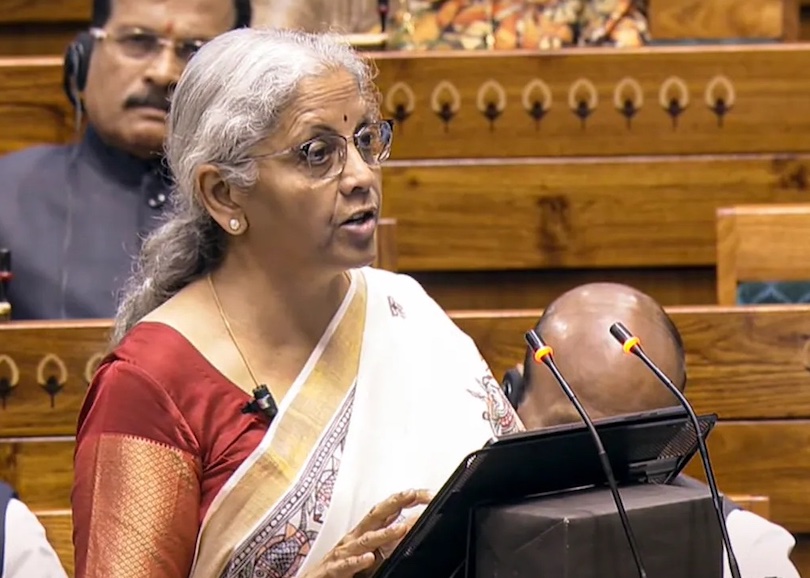Union Finance Minister Nirmala Sitharaman introduced the Income Tax Bill, 2025, in the Lok Sabha on February 13, Thursday. The new Bill aims to simplify the tax laws, ensuring they are more transparent and easier to interpret. The Income Tax Bill, 2025 tabled in the Parliament aims to simplify the language and structure of the Income-tax Act, 1961.
The new Bill provides textual and structural simplification for improved clarity and coherence. No major tax policy changes to ensure continuity and certainty. No modifications of tax rates have been made in the new Bill, thereby preserving predictability for taxpayers.
The Income Tax Bill is 622 pages long and comprises 536 sections, 23 chapters, and 16 schedules. It does not introduce new taxes but only simplifies the language of the existing Income Tax Act of 1961, which has 298 sections and 14 schedules.
The new bill, introduced in the Lok Sabha, has a word count of 2.6 lakh, lower than 5.12 lakh in the I-T Act. The number of sections is 536, as against 819 effective sections in the existing law. The number of chapters has also been halved to 23 from 47, according to the FAQ issued by the I-T department.
New Bill faces objection from opposition
As soon as Nirmala Sitharaman introduced the bill in the Parliament, several Opposition MPs were seen staging a walkout. The new Bill was introduced with a voice vote, over objections raised by Opposition leaders, including Trinamool Congress MP Saugata Roy.
Roy said that the Income Tax Act 1961, which the Bill proposes to repeal and replace, had been serving its purpose and was amended every year based on government decisions. “So, no new Bill needs to be introduced,” he said. Congress MP Manish Tewari and RSP MP N K Premachandran also objected.
New Bill based on six core ‘SIMPLE’ principles
The tax bill aims to simplify the tax system based on six core ‘SIMPLE’ principles, with ‘SIMPLE’ being an abbreviation for
S: Streamlined structure and language
I: Integrated and concise
M: Minimise litigation
P: Practical and transparent
L: Learn and adapt
E: Efficient tax reforms
New Income Tax Bill – Highlights
The new law will take effect from April 1, 2026. It will not, however, change existing tax slabs.
Among the proposed changes and amendments is the concept of a ‘tax year’, which will replace the simultaneous use of ‘financial year’, or FY, and ‘accounting year’, or AY.
The new Income Tax Bill aims to bring about changes that affect different categories of taxpayers, including individuals, businesses, and non-profit organizations.
The new bill ensures that digital assets, such as cryptocurrency, are covered under a proper tax framework.
The new bill will reduce the number of sections by 25-30 per cent, making the tax code more straightforward and user-friendly. This simplification is expected to ease compliance and reduce disputes.
Impact of new Income Tax Bill on NRIs
The new Income Tax Bill proposes revised framework for taxability of Non-Resident Indians (NRIs). Under the new changes, the NRIs, particularly those who earn Rs 15 lakh or more in India and not paying any tax elsewhere, will be classified as “residents” for tax purposes.
NRIs are currently taxed only on their income sourced in India. This move aims to make them liable to pay taxes on their income earned in India and prevent loopholes on claiming tax benefits under NRI status.
Any taxable income received by a non-resident in India will now be subject to Tax Deducted at Source (TDS).
As per the new Bill, the dividend income for non-residents will be taxed at 20 per cent and the dividends from units in an International Financial Services Centre (IFSC) will be taxed at 10 per cent.


